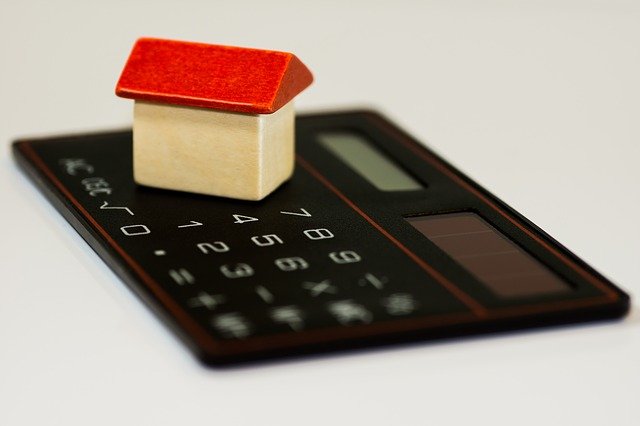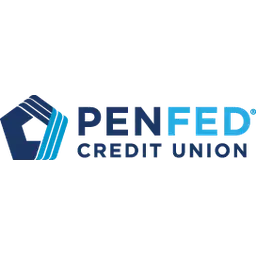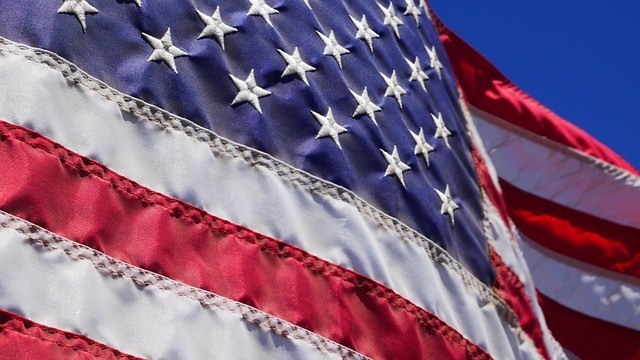What You Need to Know About VA Loan Closing Costs

If you want to use your VA home loan benefits to purchase a home, there are many expenses to budget and save for, including closing costs. In general, VA borrowers may have an easier time saving for these expenses because the no-down-payment option means the cash you would have saved for the down payment can be used for loan expenses instead.
There are reasons why VA borrowers might wish to save for a down payment anyway. If you choose to do so or are required to put cash upfront (sometimes due to the appraised value of the home being lower than the asking price and the buyer wants the home anyway) you’ll earn a lower VA Loan Funding Fee (depending on how much you put down).
Borrowers who do not make a down payment and are not exempt from the VA Loan Funding Fee because they receive or are eligible to receive VA compensation for service-connected medical issues have to pay the VA loan funding fee in full.
VA Loan Closing Costs
What follows are general closing costs for VA home loans. This is not an exhaustive list. No two lenders may be exactly alike and the true picture of your closing costs will come from the lender once specifics such as the interest rate, down payment (where applicable), and any seller concessions that might apply are established. Closing costs include but may not be limited to:
- VA Funding Fee (see above)
- Loan origination fee
- Interest rate discount points
- Credit report fee
- VA appraisal fee
- Hazard insurance
- Real estate taxes
These are the VA loan fees discussed in VA documents such as the VA Lender’s Handbook, VA Pamphlet 26-7. Some closing costs for home loans are permitted to be included in the mortgage. That means you are still paying closing costs, just not out-of-pocket. You will pay interest on the amount you are permitted to add to the loan for the approved expenses.
Loan Origination Fees
These are fees charged by the lender as part of issuing the loan. This fee is not required by the Department of Veterans Affairs but is considered a standard part of most mortgage lending procedures.
The VA does restrict certain costs from being included in the origination fee; the basic structure of the VA home loan rules in this area are designed to prevent lenders from charging a borrower twice for the same services rendered (once for the service and once in the origination fee), and it also limits the charges to those which are considered “reasonable and customary” in that housing market.
In other words, the lender cannot inflate the costs of the loan by charging you twice, nor can it charge the borrower for things the lender would pay for anyway such as the lender’s own legal counsel. Borrowers who want to hire a lawyer for their own purposes (to review the sales contract, for example, to make sure it is borrower-friendly) must pay for this out of pocket, but you are not required to pay for the lender’s counsel.
Discount Points
Home loan discount points are a way to pay upfront to reduce the interest rate on the mortgage. Generally, this is not a great move for borrowers who don’t plan to keep the home long-term. If you know you will sell a starter home in a few years, discount points may not help you save. If you plan to keep the property for most or all of the loan term, discount points may be an option to consider if your goal is to save money over the lifetime of the mortgage.
Credit Report Fees
Typically, borrowers must be charged the actual fee for services rendered. Lenders are not permitted to inflate this expense.
VA Appraisal Fee
The most important thing to remember about the VA appraisal fee is that you are paying for a service. You are not paying for an outcome. Even if you disagree with the determination made by the VA appraiser, you are obligated to pay the appraiser for the labor as agreed upon. Borrowers do NOT have the option of not paying the appraiser just because the results aren’t to their liking.
Hazard Insurance
This is a tricky issue because hazard insurance refers to a very specific type of policy that dictates under what conditions an insurance claim may be accepted. Hazard insurance is not homeowner’s insurance, which protects the contents of your property and the property itself depending on the terms of the insurance agreement.
Hazard insurance is also not mortgage insurance. VA loans do not require mortgage insurance, unlike other government-backed mortgages like FHA loans.
Hazard insurance is required when there is a specific need; a home is located in a 100-year flood plain, in an area known for mudslides or forest fires, etc. What you need to know about all insurance as it relates to hazard insurance is that unless your policy specifically covers something like flooding, you do not have protection.
Flooding is different from what insurance policies commonly refer to as water damage. Flooding is often referred to as “rising water”, and is not included as standard coverage in a homeowner’s insurance package. You have to specifically seek out flood insurance or coverages like it.
And flood insurance is not a catch-all type policy, either. For example, a mudslide may not be covered unless there is specific language that says your home is protected against such incidents by the policy.
Real Estate Taxes
Be advised that your lender may require you to open an escrow account to deal with property taxes. You will need to discuss the need for escrow, how it works, and what your obligations are in association with it–your loan officer will be able to explain that financial institution’s policies and practices. Failure to pay real estate taxes is a serious issue, it’s important to be well-read on this aspect of buying and owning a home.
Cash To Close
You may be expected to make a payment on closing day to cover your closing expenses, and if you are getting seller concessions such as seller help with these costs, you and the seller may be required to document the source of these funds in writing. Be sure to ask the lender about this as sourcing is a very important issue.
If you are choosing to make a down payment, the same sourcing concerns apply. Your lender basically wants to know you are not paying these expenses with credit card cash advances, payday loans, or pink slip loans.
Cash to close and/or down payments that cannot be sourced as required by the lender may not be accepted. This is an issue that surprises some house hunters when they learn about it. It’s a good idea to anticipate this issue as early as possible to avoid complications later on down the line.
Buying a home for the first time or buying again after many years means catching up on details and requirements for the loan, and those requirements may vary depending on the nature of your home loan. Did you know you can get help with purchasing a home with advice on how to prepare?
The Federal Housing Administration and the Department of Housing and Urban Development have a free referral option–call 1-800-CALL FHA and ask to be referred to a local HUD-approved housing counselor who may be able to help you during the planning stages of your mortgage.
RELATED:
- VA Loan Basics
- VA Loan Rules for Mortgage Approval: Employment and Income
- Considerations For Using Your VA Loan Benefits as a Veteran
- VA Loans Versus FHA Mortgages: Which Is Better?
- VA Loan Limits 2022
About the author
Editor-in-Chief Joe Wallace is a 13-year veteran of the United States Air Force and a former reporter/editor for Air Force Television News and the Pentagon Channel. His freelance work includes contract work for Motorola, VALoans.com, and Credit Karma. He is co-founder of Dim Art House in Springfield, Illinois, and spends his non-writing time as an abstract painter, independent publisher, and occasional filmmaker.


